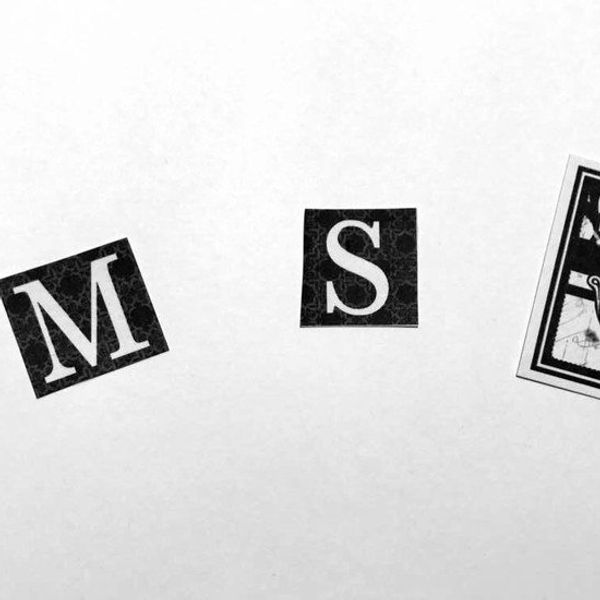" Writing without revising is the literary equivalent of waltzing gaily out of the house in your underwear." ― Patricia Fuller
Editing is an important job.
I won’t bore you with my childhood dreams, as editing wasn't what inspired me then. It molds me, encourages me, and chooses me now. I loved language and writing when I was younger, but I never thought that I’d edit others’ words. Their words are everywhere and I eat them up. Food is made up of letters. Speech is spoken words and thinking is writing without paper. Communication is the key to numerous roadblocks. It allows us to learn, to relate, and to express. Words are in songs, in texts, in phone calls, and in books. Words are everywhere. I decided to embrace them, but not always as they came.
I got to college and the wonderful world of writing centers opened up to me. I could get money for helping with writing without a degree? Yes, I could. This is only a glimpse of what it’s going to be like in the professional world, right? Fine-tuning grammar, re-organizing papers, and writing in any form is perfection. I fell in love with the editing process and the people involved, especially when giant whiteboards were used. Writing is as messy as clay work, as time-consuming as punching numbers, and as tedious as budgeting. I wouldn’t have it any other way. Writing has so many avenues to explore and editing was just the path that chose me.
Editors make writing legible and ready for publication. While there are other departments that scrutinize almost-finished products, editors can talk with the authors, and they’re supposed to. They can talk writing for a living and they get to read manuscripts/articles/blogs/poems/any other type of prose imaginable. They even instruction manuals, but I’m not about that technical writing life.
I heard music in writers’ voices when I heard them gasp with the realization that there is an easier way to say: “a problem that simply cannot be overcome.” In fact, I began to think that nothing was insurmountable. I went to conferences for writing centers and talked enthusiastically for hours about how many new topics you learn when editing a senior thesis or a maid of honor speech. I learned about strange diseases, psychological studies that explain mob mentality, and how TV shows relate to social media. I’ve had interesting conversations with co-workers about how mentally draining our sessions can be and how frustrating others are who aren’t as invested in writing or talking as we are. As editors, we poke holes in everything. We analyze, we learn, we experience. We see other cultures. We absorb emotions. We have this wonderful opportunity to examine things, to name things, to create things, and to help things. We make language fit to others’ needs and that’s a beautiful gift.
Why do I want to be an editor, you ask?
It's because it just makes sense.





















